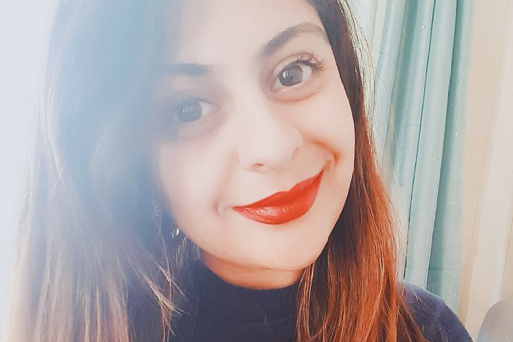
Have you ever wondered if sign language is communicated the same universally? I have — so I decided to delve further into the subject by booking a British Sign Language (BSL) taster session organised by the careers and employability department at my university. The session was delivered by someone who had lost their ability to hear after contracting meningitis as a young child.
There were around 15 students in the session. I was the only pharmacy student; most of the others were studying psychology. I felt very excited to participate in such a rare opportunity, but I also wondered how people like me, with no previous experience with BSL, would be able to understand a session delivered in sign language.
My query was resolved a short moment later: the teacher was accompanied by a translator so that we newcomers could understand.
First, we were taught each of us what our names were in BSL. As the session progressed, I learnt that not only are there different versions of sign language around the world, but also different dialects of sign language in the United Kingdom. We studied the alphabet, how to tell the time and common phrases. I also discovered some of the many struggles that deaf people regularly encounter, such as people shouting in frustration and being impatient. However, I came to realise that something that is quite upsetting for the vast majority of deaf people is when someone gives up attempting to communicate altogether, and walks away.
We also learned that some signs in BSL would be considered profanities by the general public, regardless of the fact that the signs mean something completely ordinary in BSL, and are not profane at all. This was one of the points that I felt the need to raise awareness about.
The session was by far the most interactive session I have ever experienced and I learnt a great deal about a subject I previously knew nothing about. After the session concluded and many questions had been answered, I began to ponder how my learning could be applied to the practice of pharmacy.
As a student pharmacist, constantly learning about barriers that could lead to patients not adhering to medicines and how these barriers could be overcome, I started to contemplate the communication difficulties experienced by patients who rely on BSL. This led me to realise that if practising pharmacists studied basic BSL, patients who communicate using the language might be more likely to visit pharmacies. They could access services more easily and perhaps even participate in consultations more comfortably.
Maybe BSL taster sessions could be part of planned continuing professional development, or pehaps undertaken as an extracurricular hobby. Either way, I believe that learning basic BSL would be a huge step forward for pharmacy practice today.
Saffah Huseeba Danial is a second-year pharmacy student at the University of Lincoln, a member of the Royal Pharmaceutical Society and a representative of the British Pharmaceutical Students’ Association.
You may also be interested in
The importance of diverse clinical imagery within health education

Entrustable professional activities: a new approach to supervising trainee pharmacists on clinical placements
